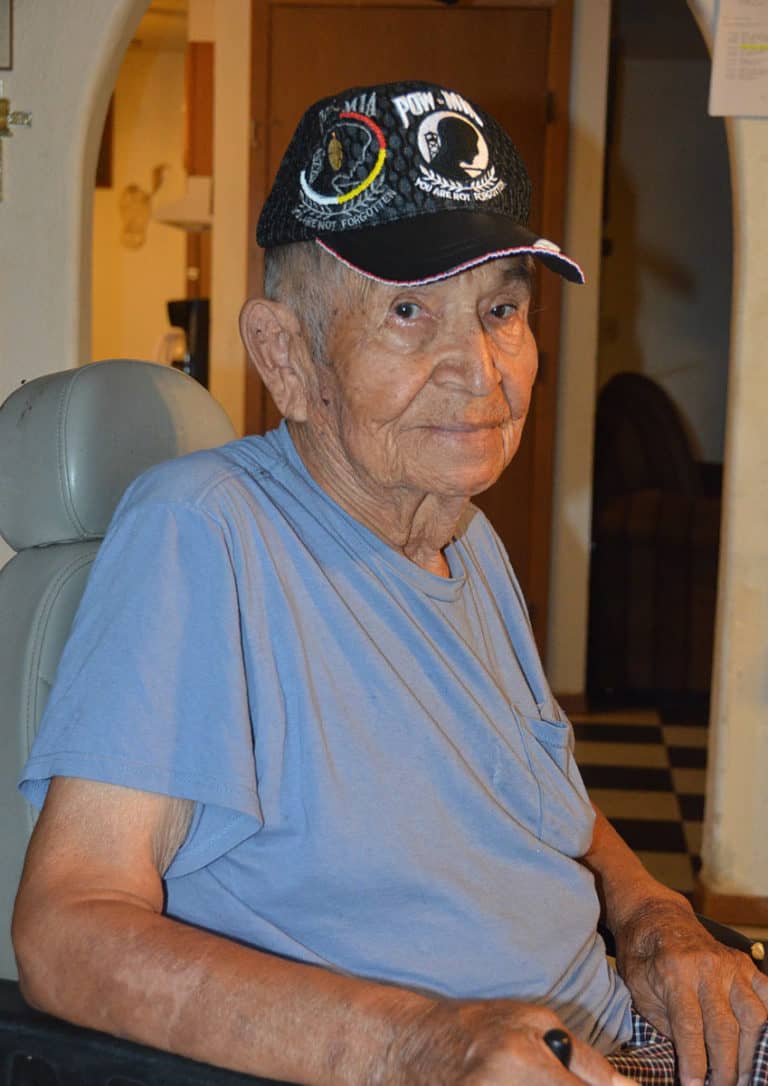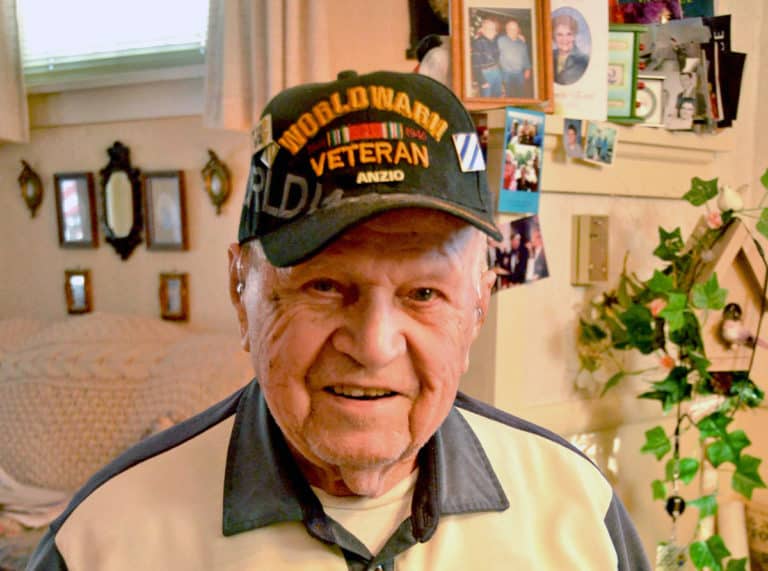Andrew grew up in Fort Totten. He enlisted in the Army on September 21, 1948. His unit was 3rd Battalion, 21st Infantry, 24th Infantry Division, the first division to arrive in Korea. For the first 18 months of the war, the division was heavily engaged on the front lines with the North Korean and Chinese forces. Andrew was captured by the enemy July 12, 1950, and was a Korean prisoner of war until August 24, 1953, a period of more than three years. The National Archives show he was released through negotiations with North Korea under Operation Big Switch. He was separated from active duty on October 16, 1953.
Andrew’s son, Whalen, in an interview during May 2018, describes what his dad related to him. His dad’s division “ran out of ammunition, and [the enemy] shot and shot and shot, and they just kept coming. They bombed them and he was wounded twice. He had shrapnel in his shoulder and in his leg. [The enemy] took them on a death march up to a prison camp. When they got to the prison camp, my dad said they were fed kind of like seaweed, onions, and water, and that was their food for three years. They were always dreaming about what they were gonna eat when they got home. My dad said blueberry pie and fry bread, which is a local Indian kind o’ bread.”
Whalen says, “[My dad] is one of the most respected persons on the reservation. He still manages all his own affairs, and everybody knows who he is. There’s about four or five local pow-wows in North Dakota that he used to go to, and every one of them had a spot for him to park. He’d take his RV over there, and during the pow-wow they’d honor him and stuff. Well-respected.
“He still loves America. He sticks to his traditions, and he’s got his POW flag and his American flag he flies proudly.” Whalen says his dad needs help now to raise the flags. “He’s a little wobbly and stuff, but he does have his flags up.”



